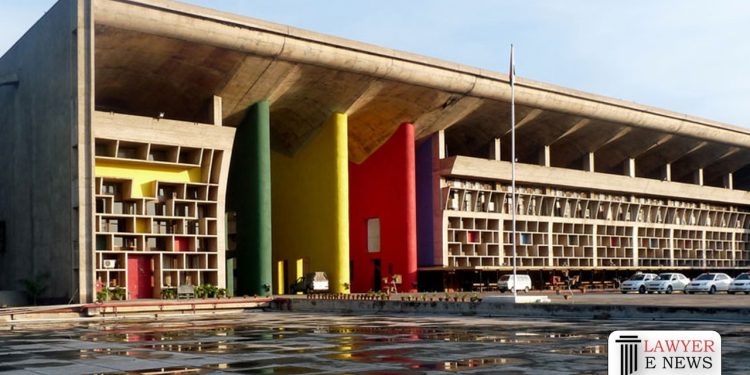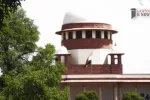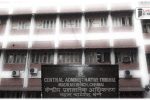Railways Held Liable for Passenger’s Death: Principle of Strict Liability Applies, Proof Of Negligence Not Required: P&H HC

In a significant legal ruling, the Punjab and Haryana High Court, led by HON’BLE MR. JUSTICE KARAMJIT SINGH, delivered a landmark judgment, that could reshape how compensation claims in railway accidents are handled. The case, filed by the dependents of the deceased Krishna Ram, who tragically lost his life during a railway incident, has opened new avenues for victims’ families seeking justice.
The judgment centered on the application of Sections 123(c)(2) and 124-A of the Railways Act, which deal with compensation claims in railway accidents. The case hinged on whether Krishna Ram was a bona fide passenger and whether the incident qualified for compensation under the Railways Act.
The court’s observation was crystal clear: “Evidence presented, including the joint journey ticket of appellant No.1 and her children, inquest report, and post-mortem report, clearly establishes that the deceased was a bona fide passenger traveling with his family members.” This statement underscored the court’s finding that Krishna Ram was indeed a legitimate passenger.
The judgment reaffirmed the principle of strict liability laid out in Section 124-A of the Railways Act. “When principle of strict liability applies, proof of negligence is not required. Once initial burden is discharged, it is the strict liability of railways to pay compensation,” the court emphasized.
Furthermore, the court rejected arguments that suggested self-inflicted injuries, suicide, or criminal acts as causes of death. It was noted that the respondent failed to establish any of these exceptions under Section 124-A of the Railways Act.
The judgment also recognized the dependence of the deceased’s family on his income. “The appellants, who are the widow and children of the deceased, have proven their dependency on the deceased’s income,” the court stated, firmly establishing their right to compensation.
As a result of this groundbreaking judgment, the appeal was allowed, and the impugned order was set aside. The appellants were granted compensation of ₹4 lakhs along with interest at a rate of 7% per annum from the date of filing the claim application. The distribution of the compensation among the appellants was specified, including the prudent decision to deposit the minor appellant’s share in a Nationalized Bank until she reaches the age of majority.
Date of Decision: 01.09.2023
Sunaina and Ors. vs Union of India






